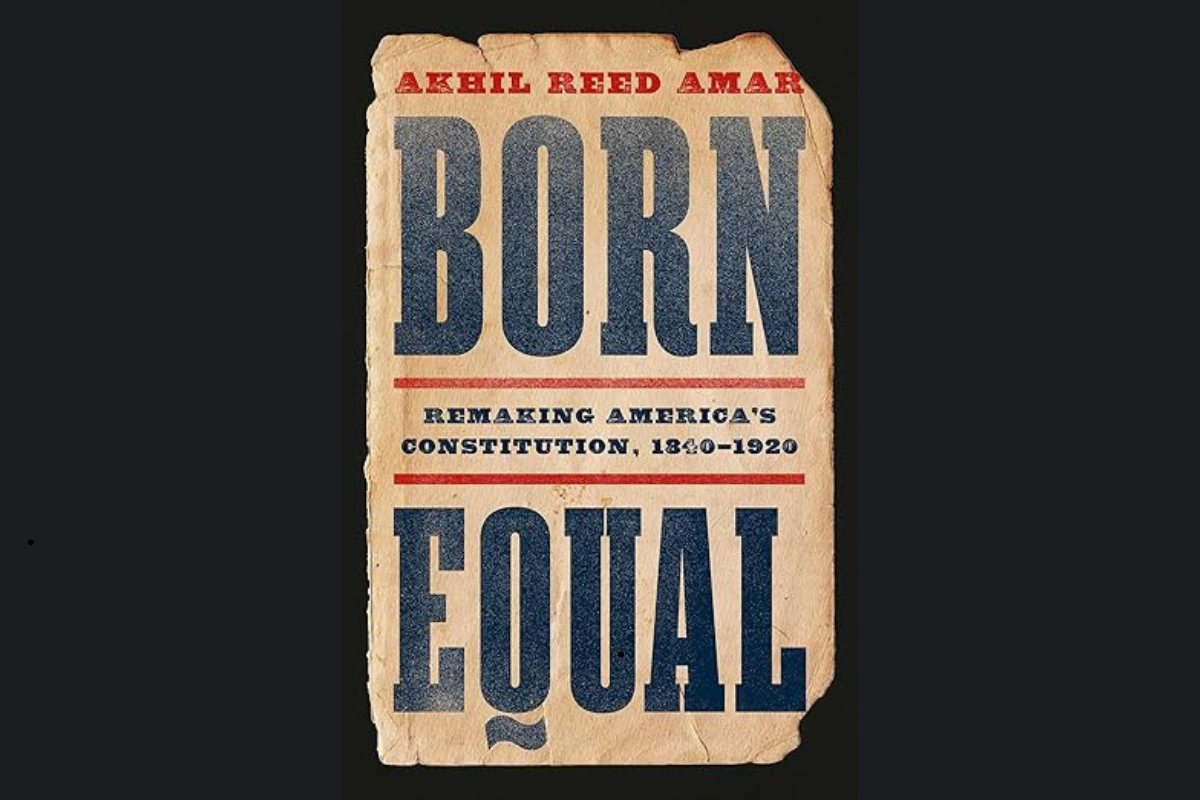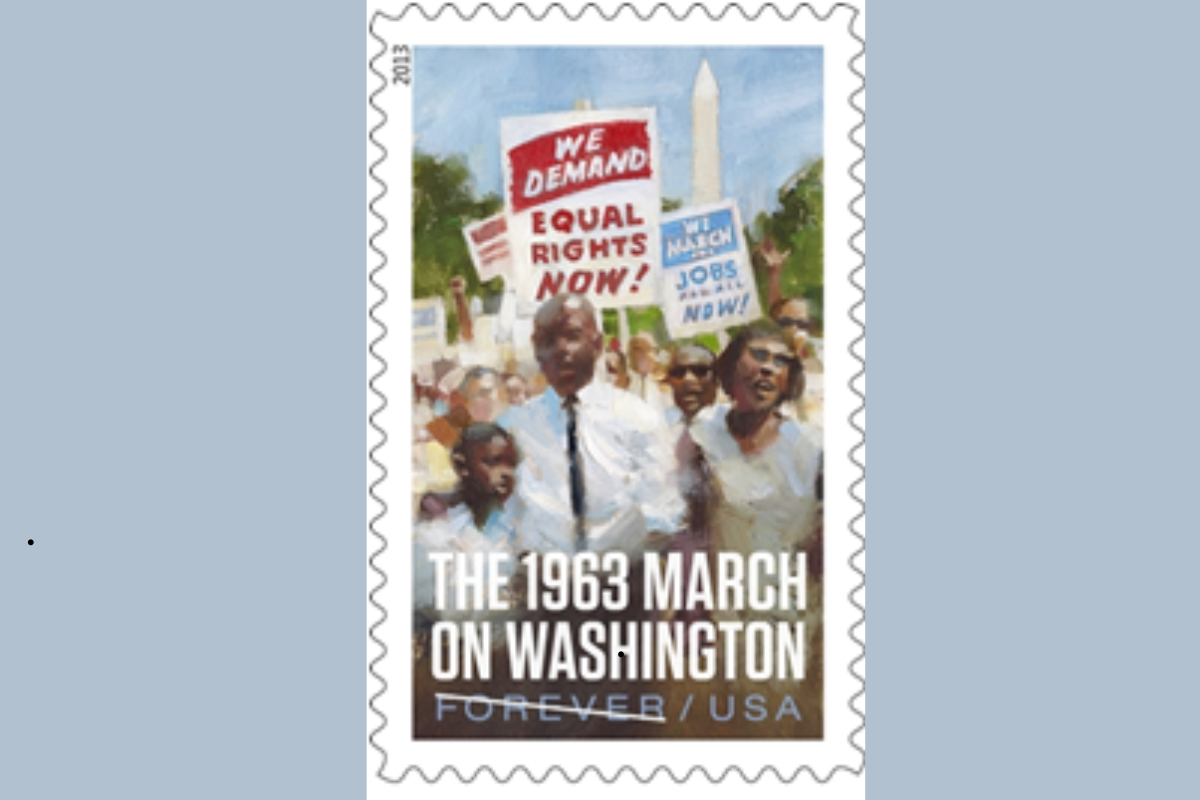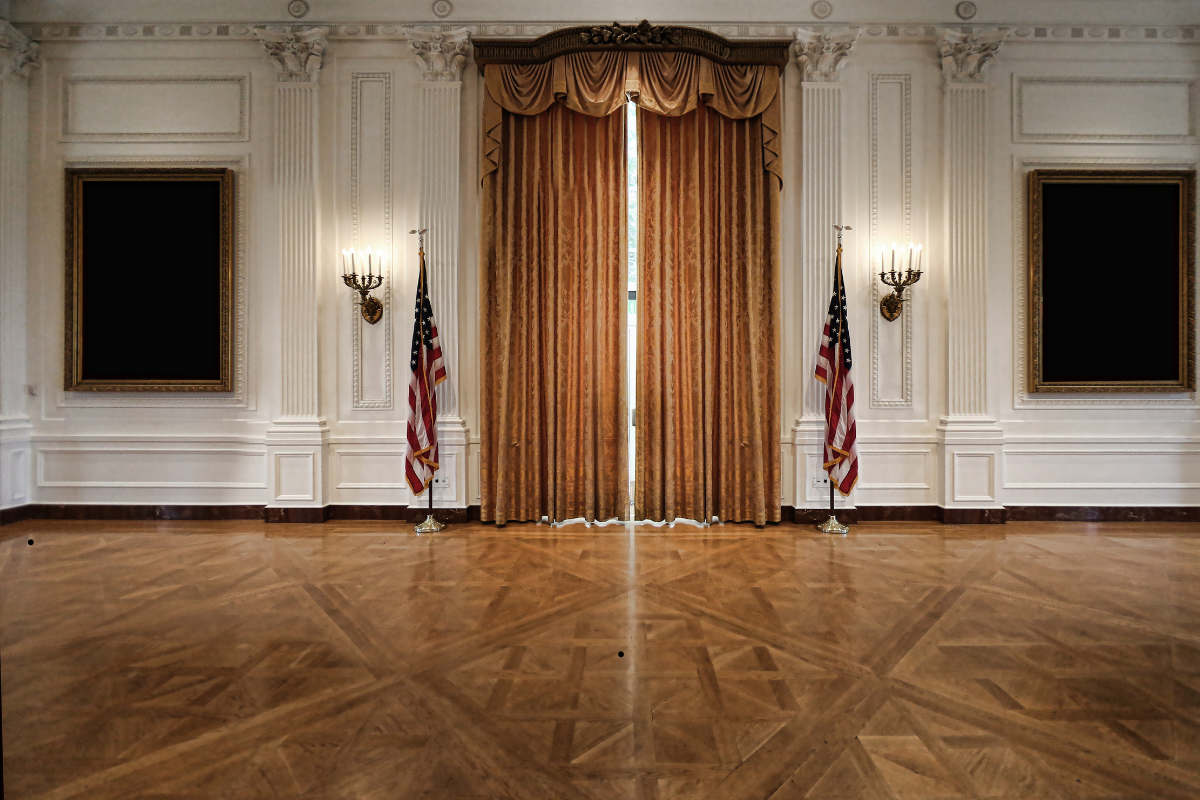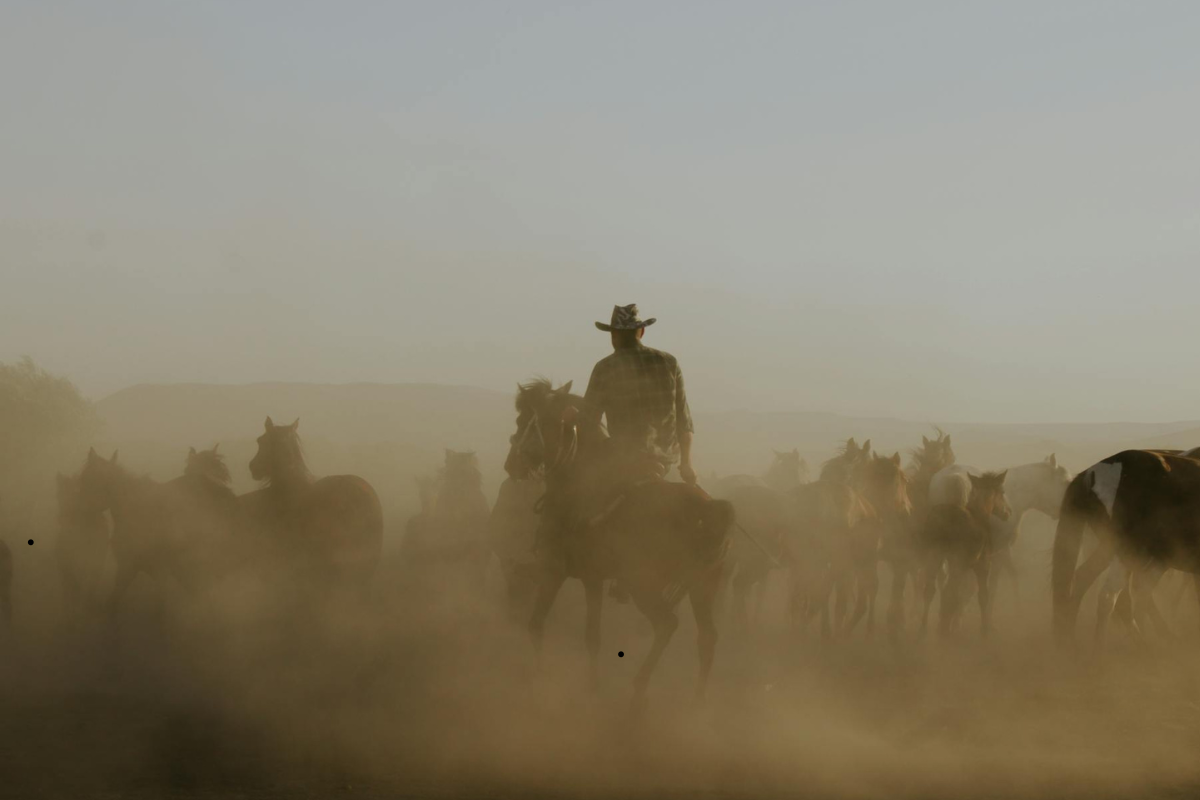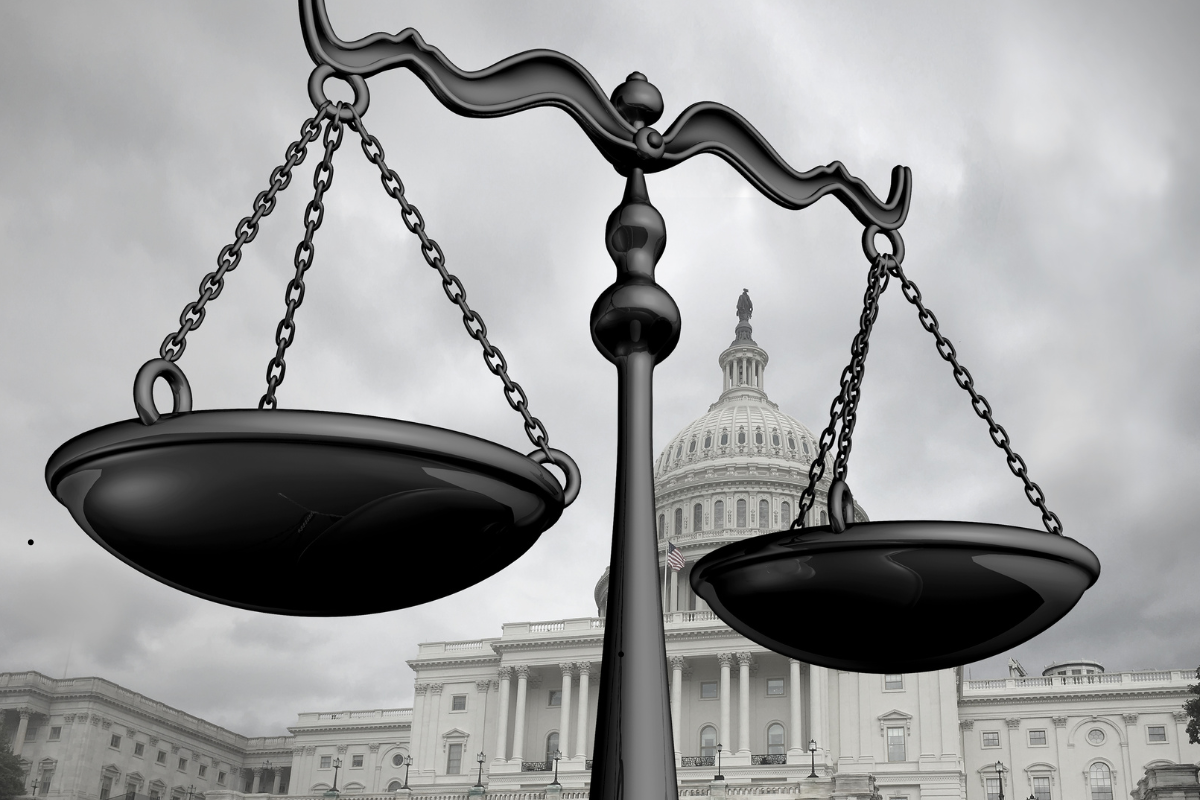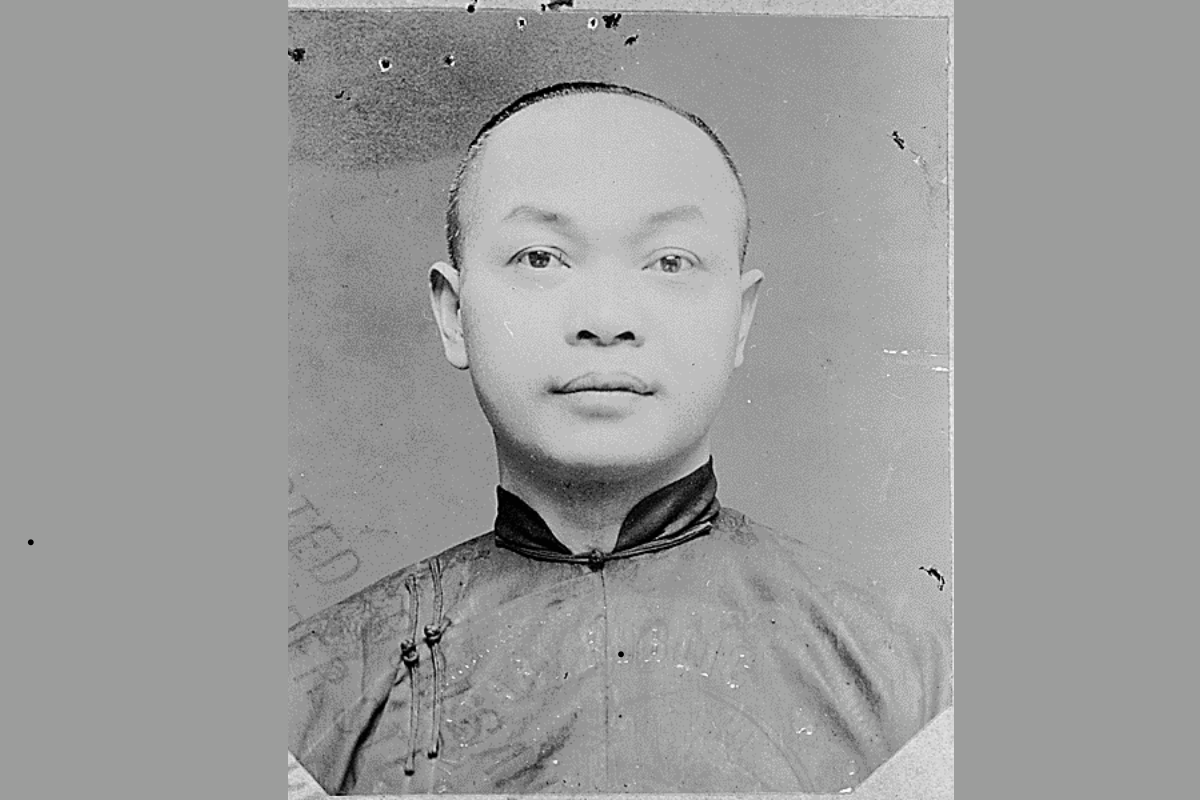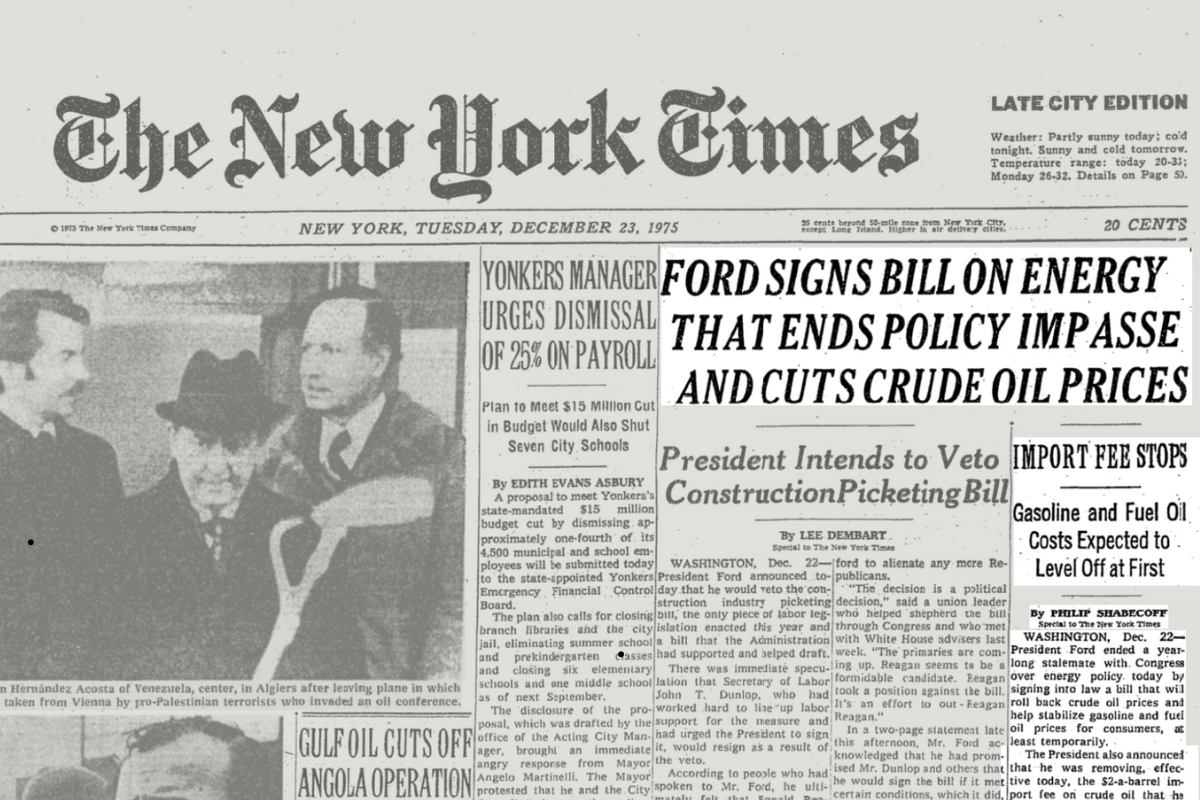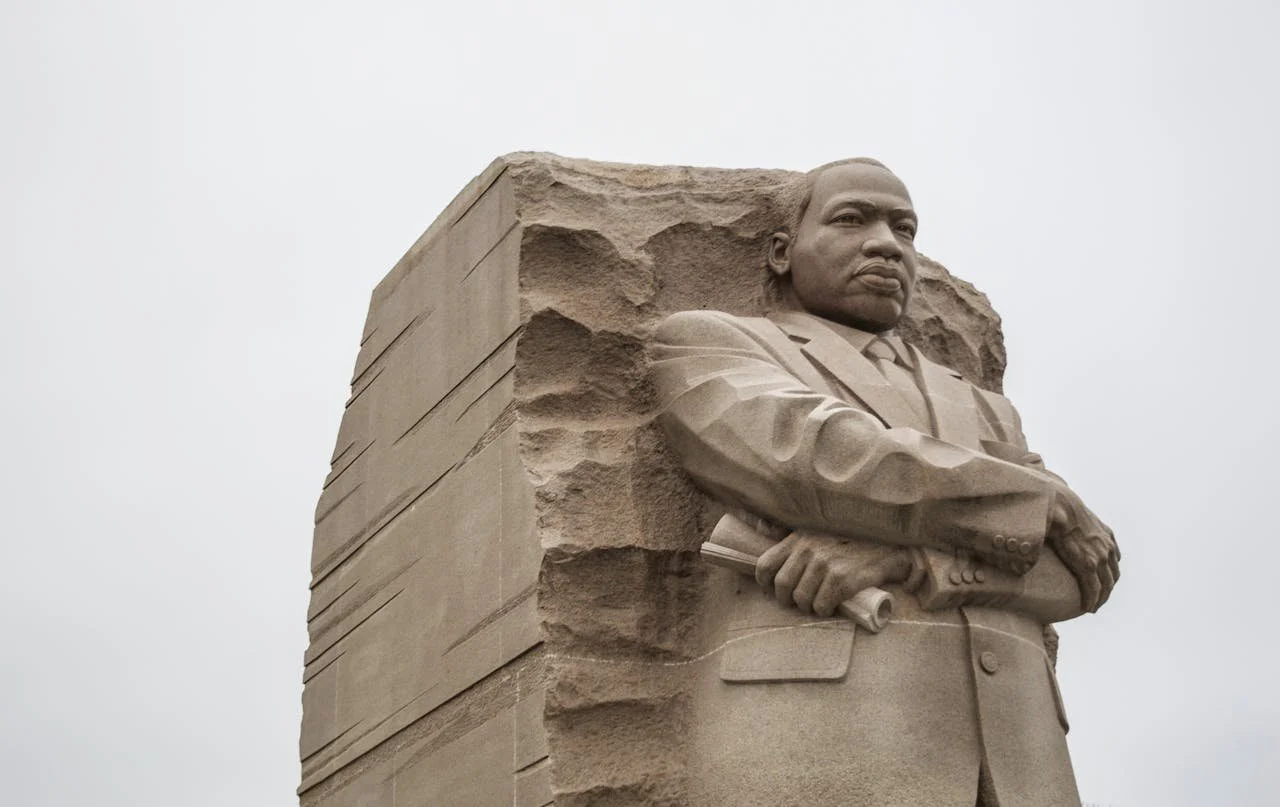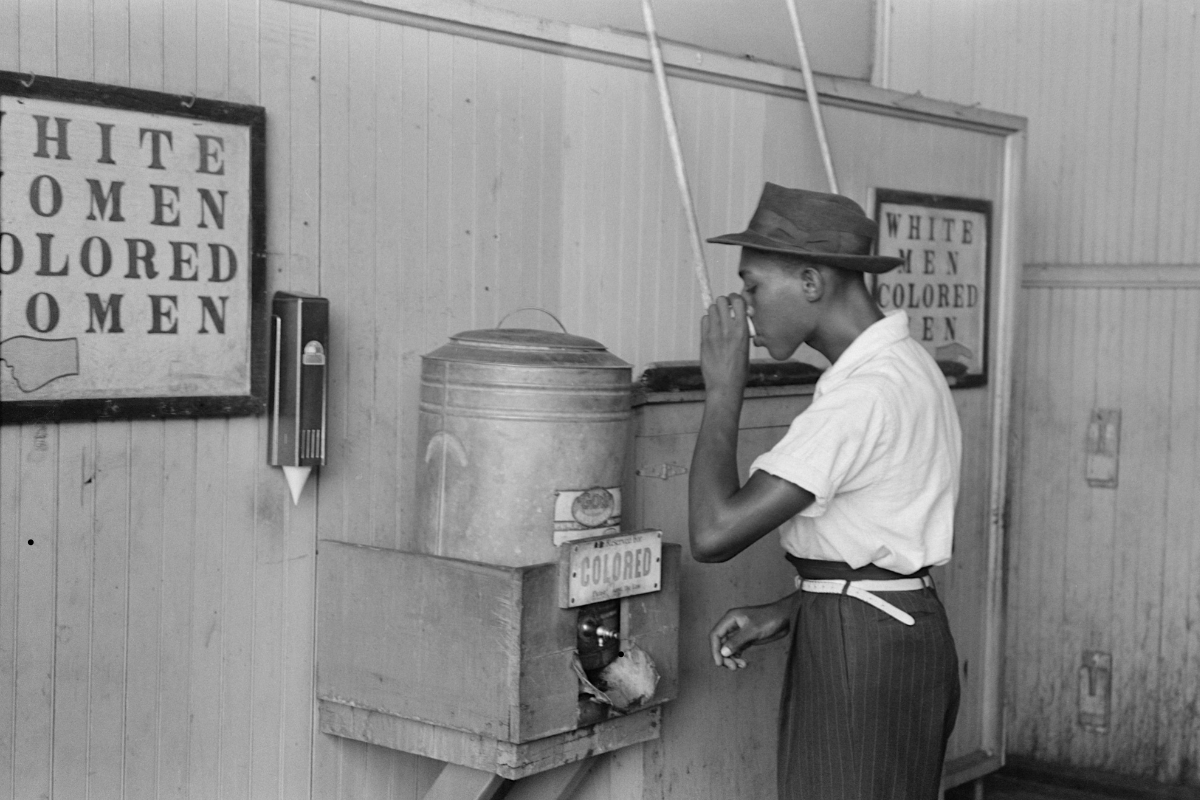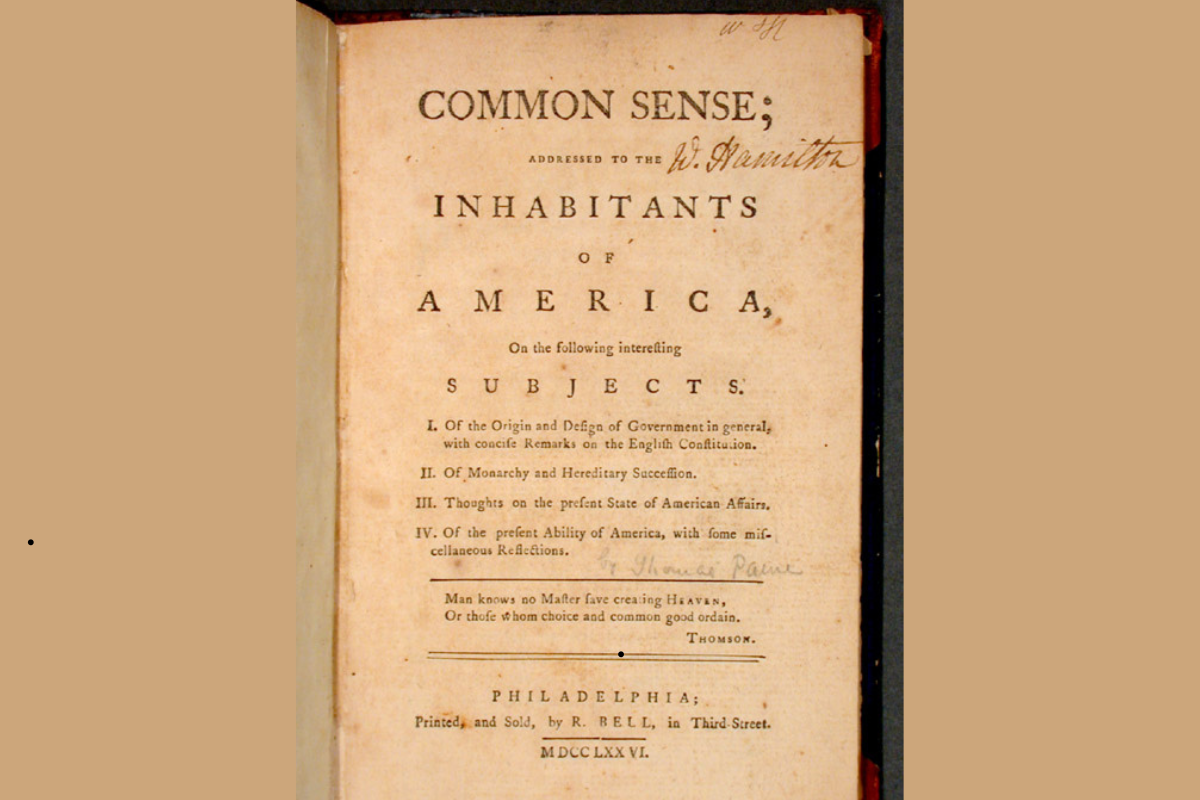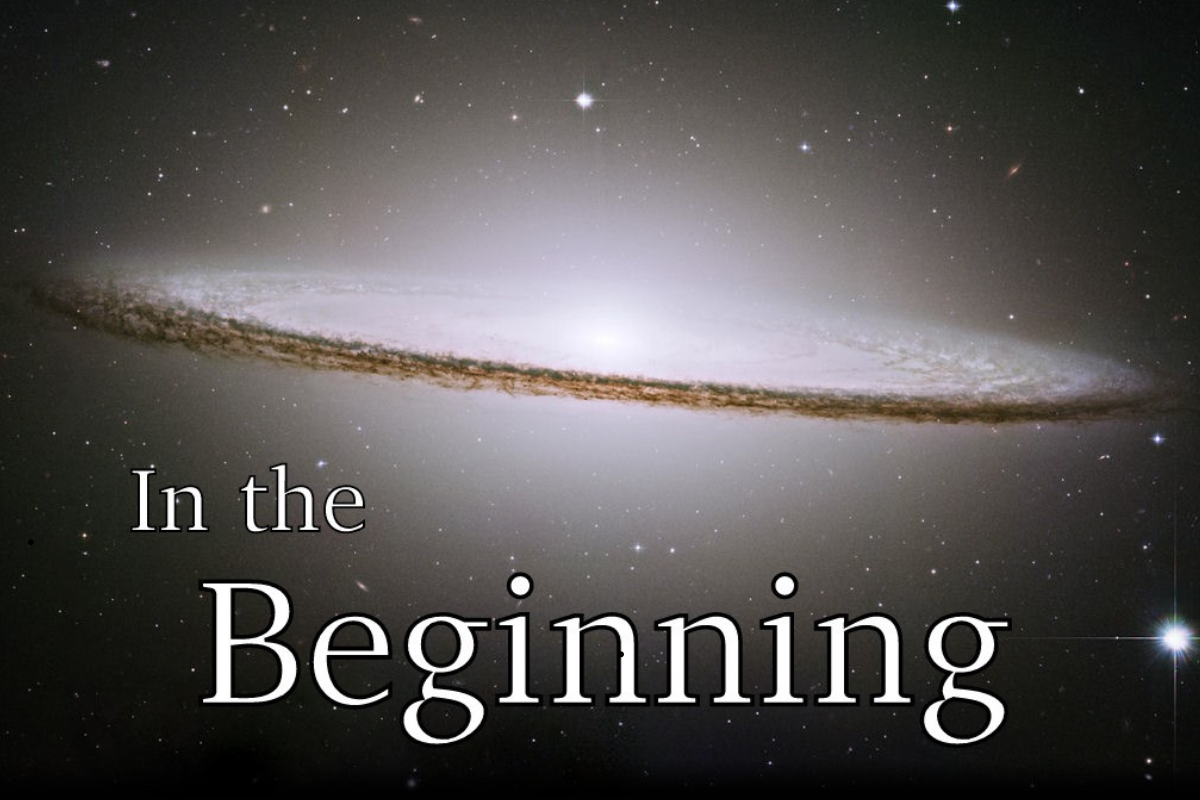
Matthew Green
Matthew Green is a professor of politics and has taught at Catholic University since 2005. He teaches a variety of courses in American politics, focusing in particular on political institutions, state and local politics, federalism, and methodology. He developed a course on recent political events called Politics in the Age of Trump, and also helped develop and co-teach the class Washington Past and Present, an interdisciplinary introduction to the city of Washington, D.C. that is unique to Catholic University.
Professor Green has written a number of books and articles about American politics. His articles have appeared in American Politics Research, Electoral Studies, Legislative Studies Quarterly, Political Research Quarterly, and other journals. Green's most recent book, Newt Gingrich: The Rise and Fall of a Party Entrepreneur (University Press of Kansas, 2022), coauthored with Jeff Crouch, uses media accounts, original interviews, and newly-uncovered archival material to explain the motivations and influence of former Congressman and Speaker Newt Gingrich.
He is co-editor of the Congressional Leadership series with University Press of Kansas and has been interviewed or provided commentary for The New York Times, The Washington Post, The Wall Street Journal, The Los Angeles Times, C-SPAN, DC News Now, and other media venues. He is also a staff writer for Mischiefs of Faction, a blog about political parties, and contributes periodically to other politics-related blogs. In 2024, he received the Stephen Schneck Award for Excellence in Social Science Research from the School of Arts and Sciences.
Read Matthew Green’s Essays




